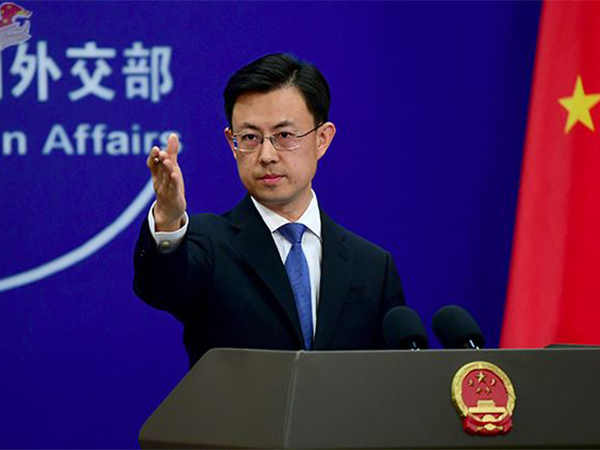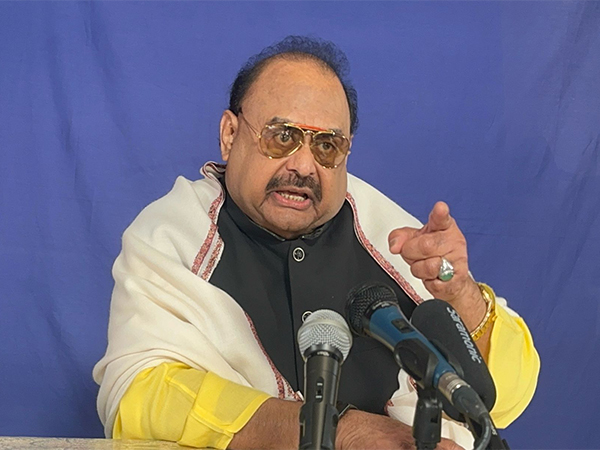India's economy likely to tank 9 pc due to Covid distress: S&P
Sep 14, 2020

Singapore, Sep 14 : S&P Global Ratings said on Monday it expects India's economy to contract by 9 per cent in the current fiscal year ending March 31, 2021 as rising Covid-19 cases will keep private spending and investment lower for longer.
Its previous forecast had put the economic hit from Covid at minus 5 per cent.
"One factor holding back private economic activity is the continued escalation of the Covid-19," said Vishrut Rana, Asia Pacific Economist for S&P Global Ratings.
India's economy shrank 23.9 per cent year-over-year in the March to June period, larger than expected. The pandemic and tight lockdown measures enforced to combat it knocked private consumption by 26.7 per cent while fixed investment sunk 47.1 per cent.
Higher welfare spending prevented an even sharper fall in growth. Agriculture cushioned the blow as it was the only major sector to expand, thanks to a favourable monsoon season.
"While India eased lockdowns in June, we believe the pandemic will continue to restrain economic activity," said S&P. New cases per day in India averaged nearly 90,000 in the week ending September 11, according to data from the World Health Organisation.
This is up from an average of about 70,000 per day in August. "As long as the virus spread remains uncontained, consumers will be cautious in going out and spending and firms will be under strain."
S&P said industrial activity is recovering faster than services. However, high frequency indicators suggest that output is still lower relative to the same period last year and hence growth for the June to September quarter will be negative year on year.
"The potential for further support monetary support is curbed by India's inflation worries," said Rana.
"We expect a degree of normalisation to result in growth of about 10 per cent in the following fiscal year as consumers resume discretionary activity that they are curtailing during the pandemic. A significant part of the growth rebound is due to the very weak base during the current fiscal year," said Rana.
He said S&P does not expect policymakers to enforce further widespread lockdowns. The larger adverse shock to growth will be driven by corporate balance sheet damage with small and mid-size enterprises closing shop, and larger firms holding back capital expenditure, which will constrain their growth capacity.
"We now expect a larger permanent loss in output of 13 per cent over the next three years. We expect growth of 6 per cent in fiscal 2022 and 6.2 per cent in fiscal 2023. Before the pandemic, we expected India's economy to expand 6.5 per cent in the current fiscal year."
Risks to the growth outlook include a weaker recovery in the informal sectors of the economy and deeper economic losses for micro and small enterprises. In addition, if credit quality worsens materially following the expiration of loan moratoriums, the recovery will slow.
One factor that presents potential upside to growth is the availability of a widely-distributed Covid vaccine earlier than the current estimate around mid-2021.




















